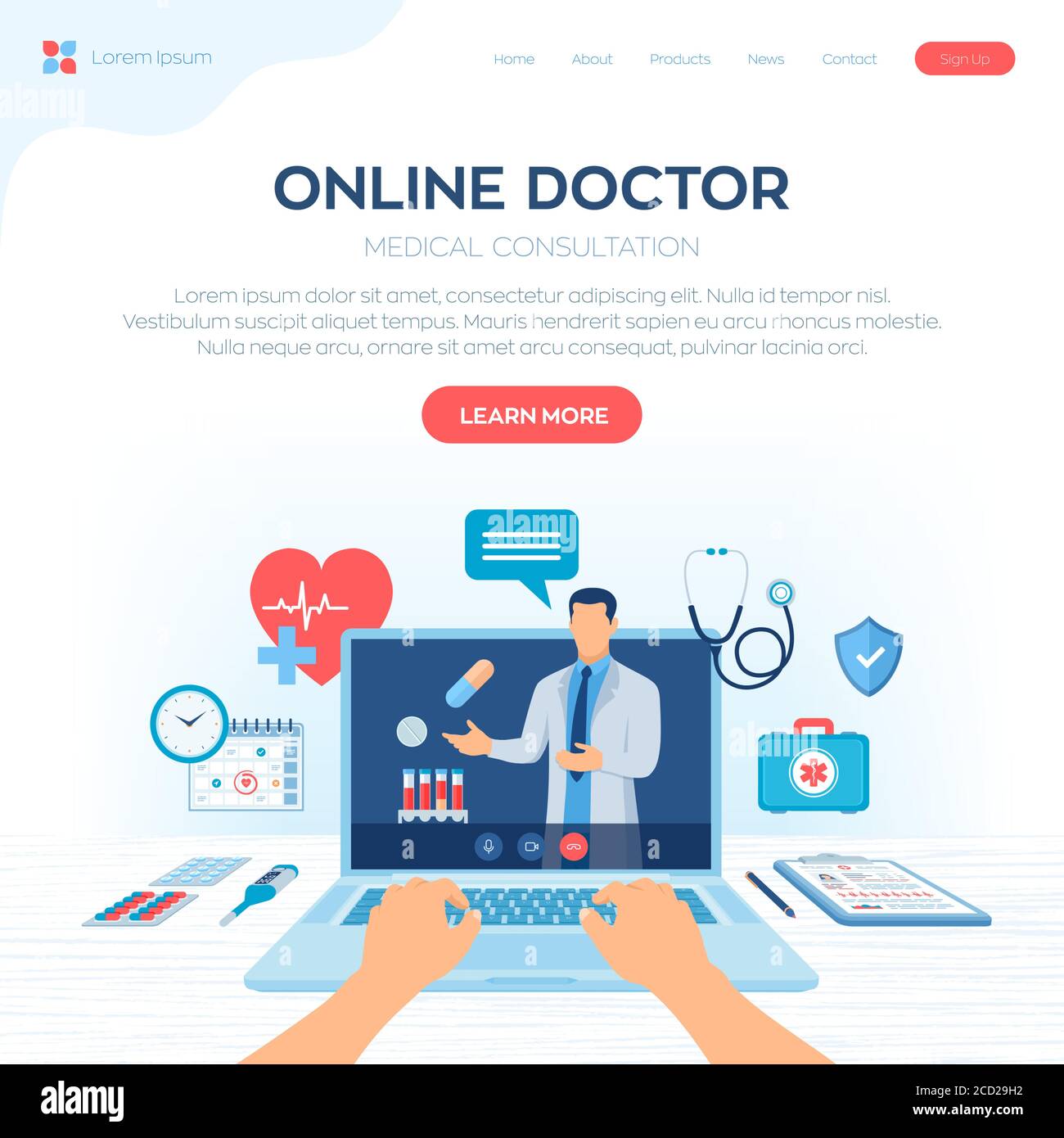Checking out the Development of Subscription Based Healthcare in the Digital Age
Checking out the Development of Subscription Based Healthcare in the Digital Age
Blog Article
The Surge of Subscription-Based Medical Care and Its Influence On Individual Care
As healthcare develops, the subscription-based version is gaining grip, promising to revolutionize patient treatment by offering predictability and accessibility. The capacity for these versions to reshape medical care distribution increases pushing concerns regarding their long-lasting sustainability and inclusivity. Are these registration services the future of health care, or do they run the risk of leaving susceptible populaces behind?
Comprehending Subscription Health Care Versions
Grasping the principle of registration medical care designs involves examining a transformative strategy to medical solutions that emphasizes affordability and access. These versions, usually referred to as direct health care (DPC) or concierge medication, have emerged as cutting-edge choices to conventional fee-for-service health care systems. Membership healthcare enables people to pay a fixed regular monthly or yearly charge for a defined collection of medical services, which might consist of limitless workplace visits, regular examinations, and basic lab tests, without the requirement for standard insurance billing.
The framework of registration health care designs is made to enhance client treatment by removing third-party payers and intricate payment codes, thereby reducing administrative worries. Healthcare carriers can concentrate much more on client care, fostering more powerful patient-provider partnerships. This version likewise advertises preventative treatment by motivating regular brows through, as the financial challenge of per-visit costs is gotten rid of.
The registration model often encourages healthcare providers to handle smaller sized client panels, allowing for more customized treatment. It lines up economic incentives with individual health and wellness outcomes, as companies are inspired to maintain client contentment and wellness. Generally, understanding subscription health care versions requires identifying their potential to improve exactly how treatment is delivered and accessed.
Benefits for Individuals and Service Providers

For suppliers, subscription-based designs offer the chance to strengthen patient-provider connections. With a stable profits stream, healthcare specialists can dedicate more time to each person, causing an extra customized and detailed treatment experience. This version also reduces dependence over person volumes, reducing fatigue and enhancing task complete satisfaction. Furthermore, the focus on preventative treatment within membership plans can bring about much better individual end results and decreased long-term medical care costs. By concentrating on continuous care, companies can deal with issues before they intensify, inevitably benefiting the medical care system in its entirety by lowering the worry on emergency and intense treatment solutions.
Issues and difficulties
While subscription-based medical care designs present countless benefits, they also come with a collection of difficulties and concerns that have Read Full Report to be resolved. This increases ethical inquiries concerning equitable accessibility to healthcare services.
Financial sustainability of subscription-based designs is one more concern. Service providers need to balance the set revenue from memberships with the variable expenses of health care solutions, which might fluctuate as a result of unforeseen clinical demands. This can develop pressure to restrict services or rise charges, potentially affecting person contentment and care top quality.
In addition, regulatory oversight of subscription-based medical care designs is still evolving. Attending to these obstacles is essential for the equitable and effective execution of subscription-based healthcare.
Effect On Patient-Doctor Relationships
One considerable impact of subscription-based healthcare designs on patient-doctor pop over here partnerships is the capacity for improved connection and individualized care. By adopting a membership version, doctors can take care of a smaller individual panel, enabling even more specialized time with each person. This raised schedule promotes a deeper understanding of a person's case history, lifestyle, and choices, allowing more tailored therapy strategies and interventions.

Nevertheless, it is essential to acknowledge that while subscription-based models might benefit those that can afford them, they could inadvertently broaden health care disparities. Clients that are not able to join these models might experience lower access to customized care, potentially influencing their relationships with doctor. Thus, while the subscription model offers appealing advantages for patient-doctor connections, it also postures difficulties that require to be addressed to make sure equitable healthcare accessibility.
Future of Healthcare Gain Access To

The duty of technology can not be overlooked in this makeover. Telemedicine systems and electronic health records promote seamless communication in between patients and doctor, breaking down geographical and logistical barriers. In addition, innovations in expert system and information analytics can even more customize treatment by predicting person requirements and enhancing therapy plans.
Nonetheless, the future of healthcare access also offers challenges, such as ensuring equity throughout different socio-economic groups. Policymakers and doctor need to work together to bridge the digital divide, ensuring that subscription-based designs continue to be inclusive and budget friendly. As these systems develop, they hold the promise of making medical care extra easily accessible, reliable, and patient-centric.
Conclusion
Subscription-based healthcare models are reshaping client treatment by supplying a steady cost structure and improving availability. The surge of subscription-based medical care encourages positive person involvement, which has the potential to boost individual outcomes and contentment, signaling a transformative change in healthcare delivery.
As medical care progresses, the subscription-based version is acquiring grip, guaranteeing to change patient treatment by offering predictability and accessibility.Subscription-based medical care designs provide unique advantages for both providers and people, improving the overall healthcare experience.As healthcare systems evolve, the future of health care accessibility frequently pivots on the assimilation of cutting-edge models and modern technologies.Subscription-based health care versions are improving patient care by giving a secure cost structure and boosting availability. The increase of subscription-based health care urges proactive individual involvement, which has the possible to improve person outcomes and fulfillment, indicating a transformative shift in medical care shipment.
Report this page